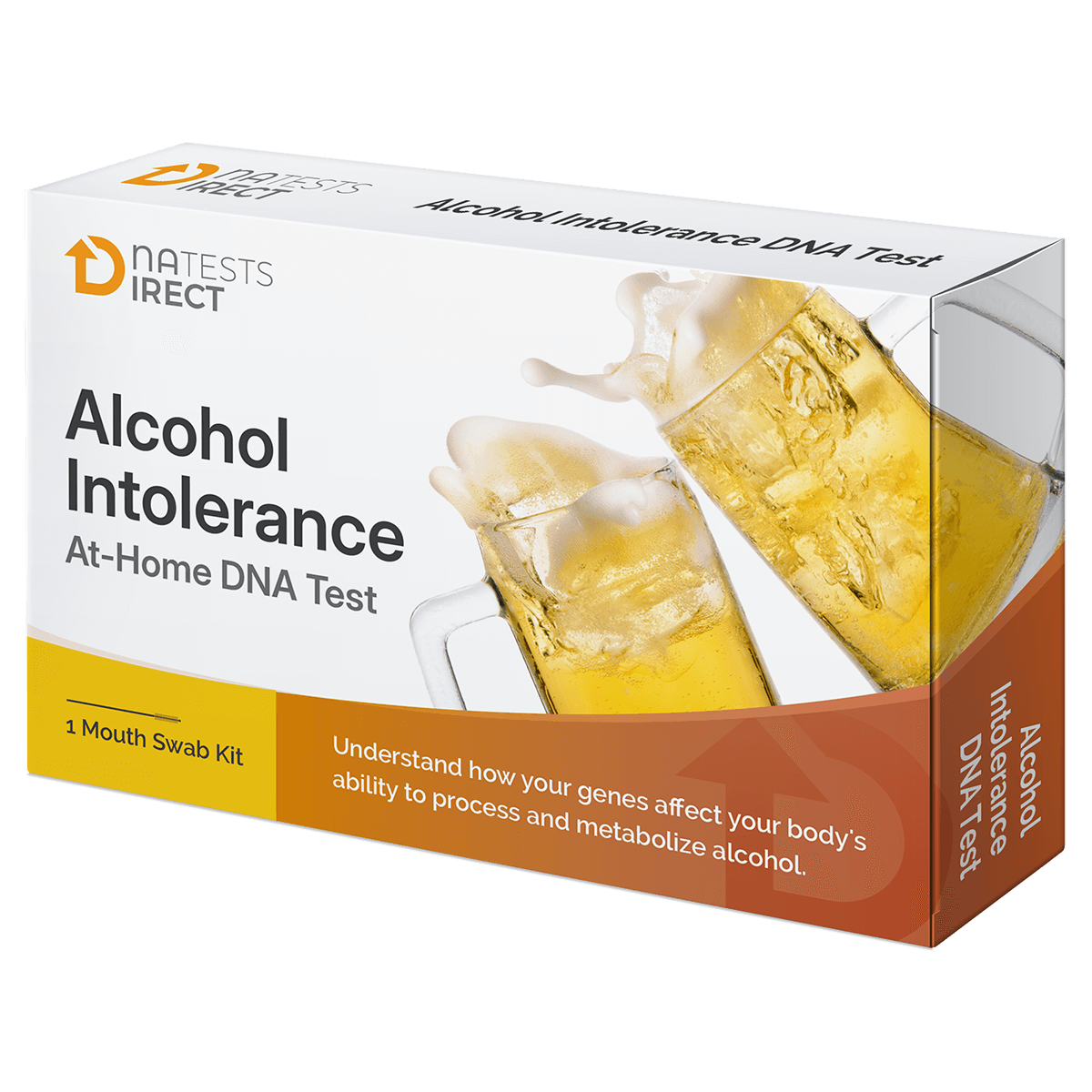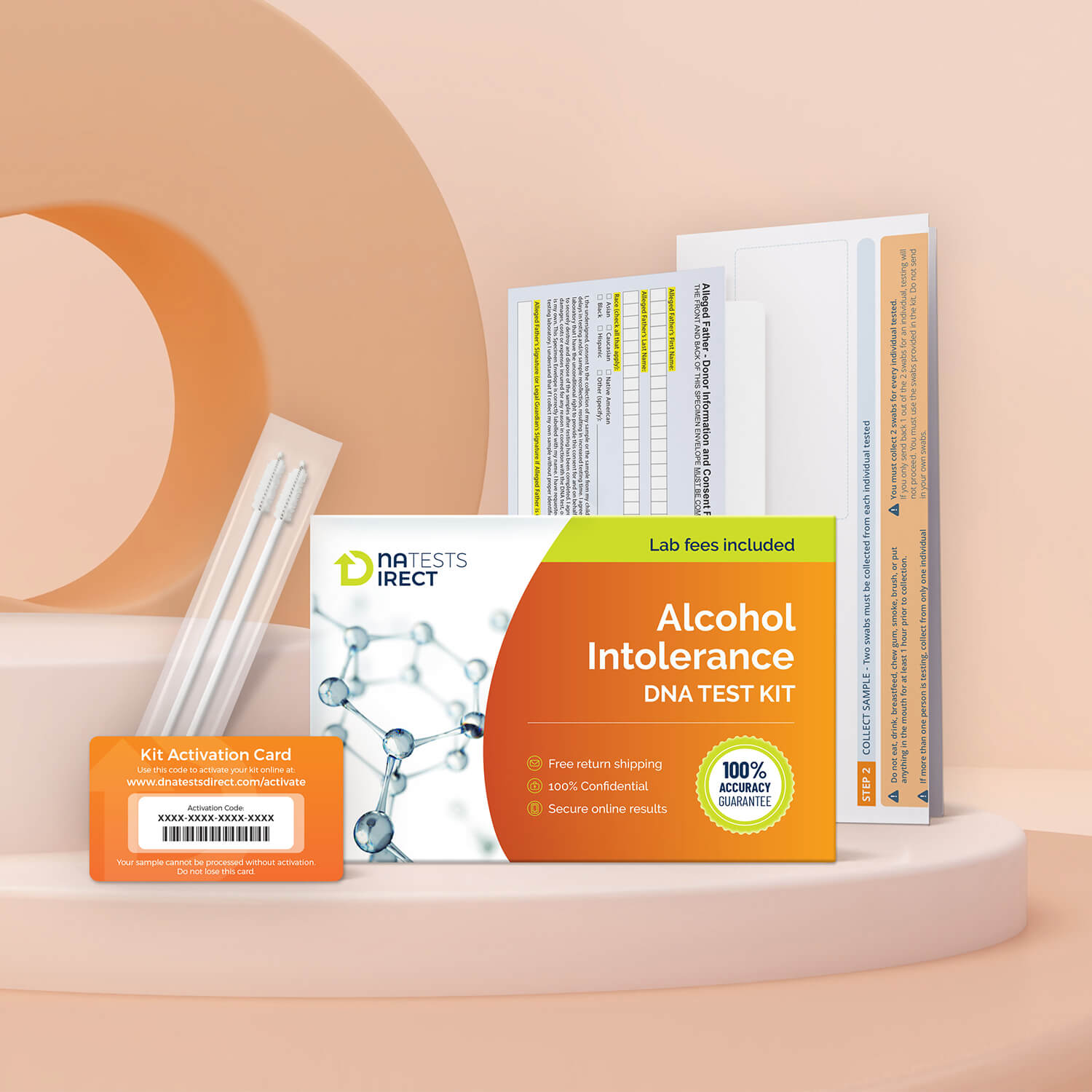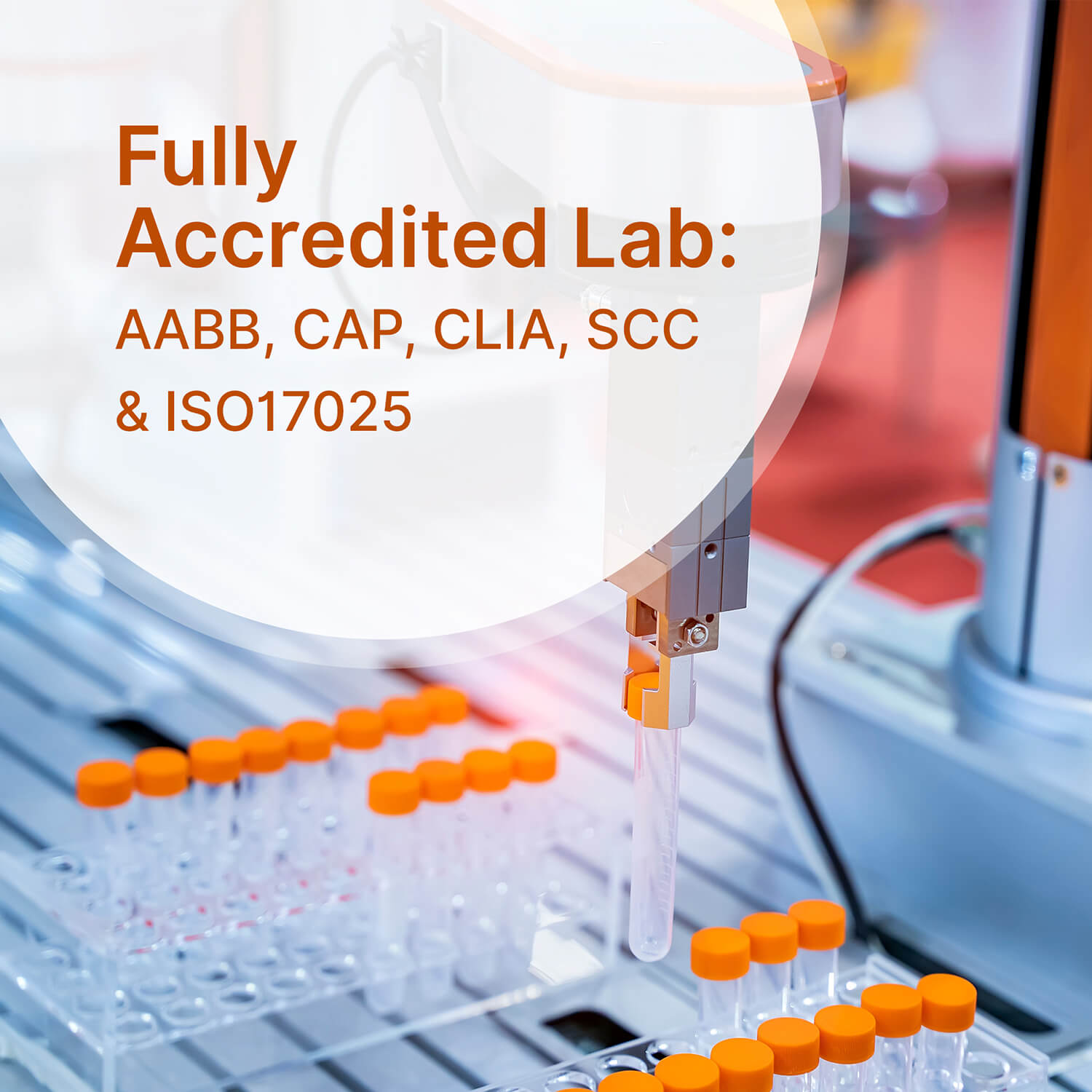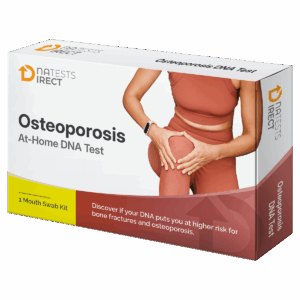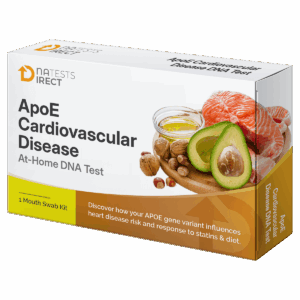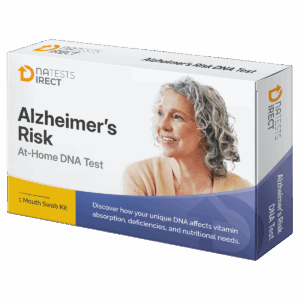DNA Alcohol Intolerance Test
CA$89
Understand Your Alcohol Intolerance
The DNA Alcohol Intolerance Test reveals how your genes influence your body’s ability to process alcohol. Discover why you may experience symptoms like facial flushing, nausea, and headaches after drinking, and learn your potential risk for related health conditions.
- Uncover Your Genetic Risk: Understand your genetic predisposition for alcohol intolerance and the potential for health concerns like esophageal cancer.
How it Works

Order your DNA Kit
Place your order online, and we’ll send you a DNA test kit with everything you need to collect your samples.
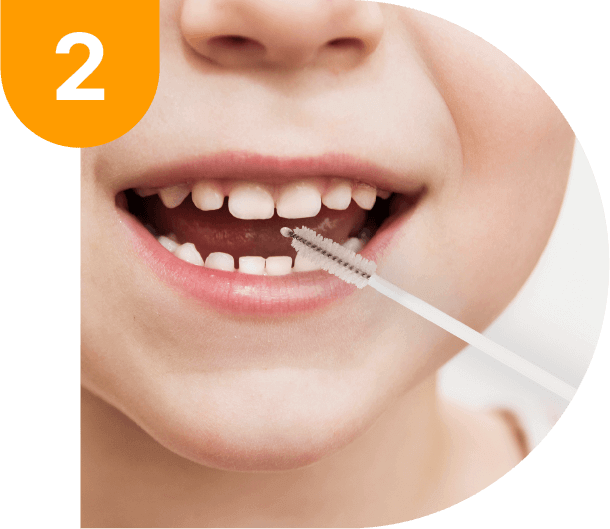
Collect DNA Samples
Follow the detailed, step-by-step instructions to collect DNA samples using the provided mouth swabs.
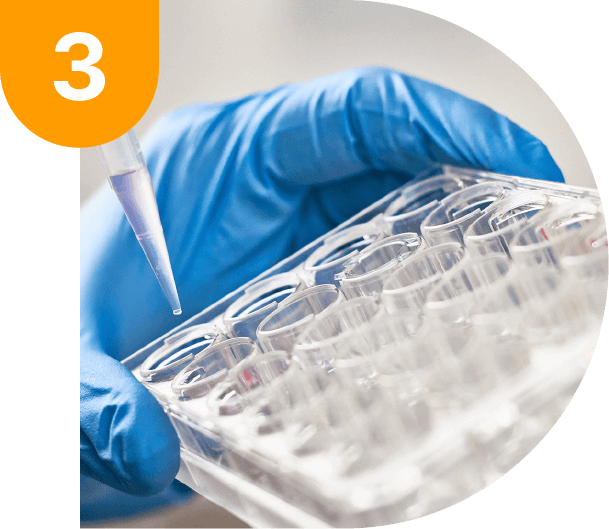
Lab Analysis
Use the provided return envelope to mail your DNA samples to our laboratory for analysis.

Receive Results
Download your results from your secure online account as soon as they’re ready.
What Is Alcohol Intolerance?
Alcohol intolerance is when your body struggles to break down alcohol properly. Normally, your liver processes alcohol in two main steps. First, enzymes called alcohol dehydrogenase (ADH) turn alcohol into a toxic chemical called acetaldehyde. Then, another set of enzymes called aldehyde dehydrogenase (ALDH) quickly changes acetaldehyde into a harmless substance called acetate.
Some people have genetic variations that disrupt this process, leading to a buildup of acetaldehyde even after moderate alcohol consumption. This can lead to immediate reactions like facial flushing and nausea, as well as increased risks of esophageal cancer and other health problems. Alcohol intolerance often runs in families and is more common in certain ethnic groups.
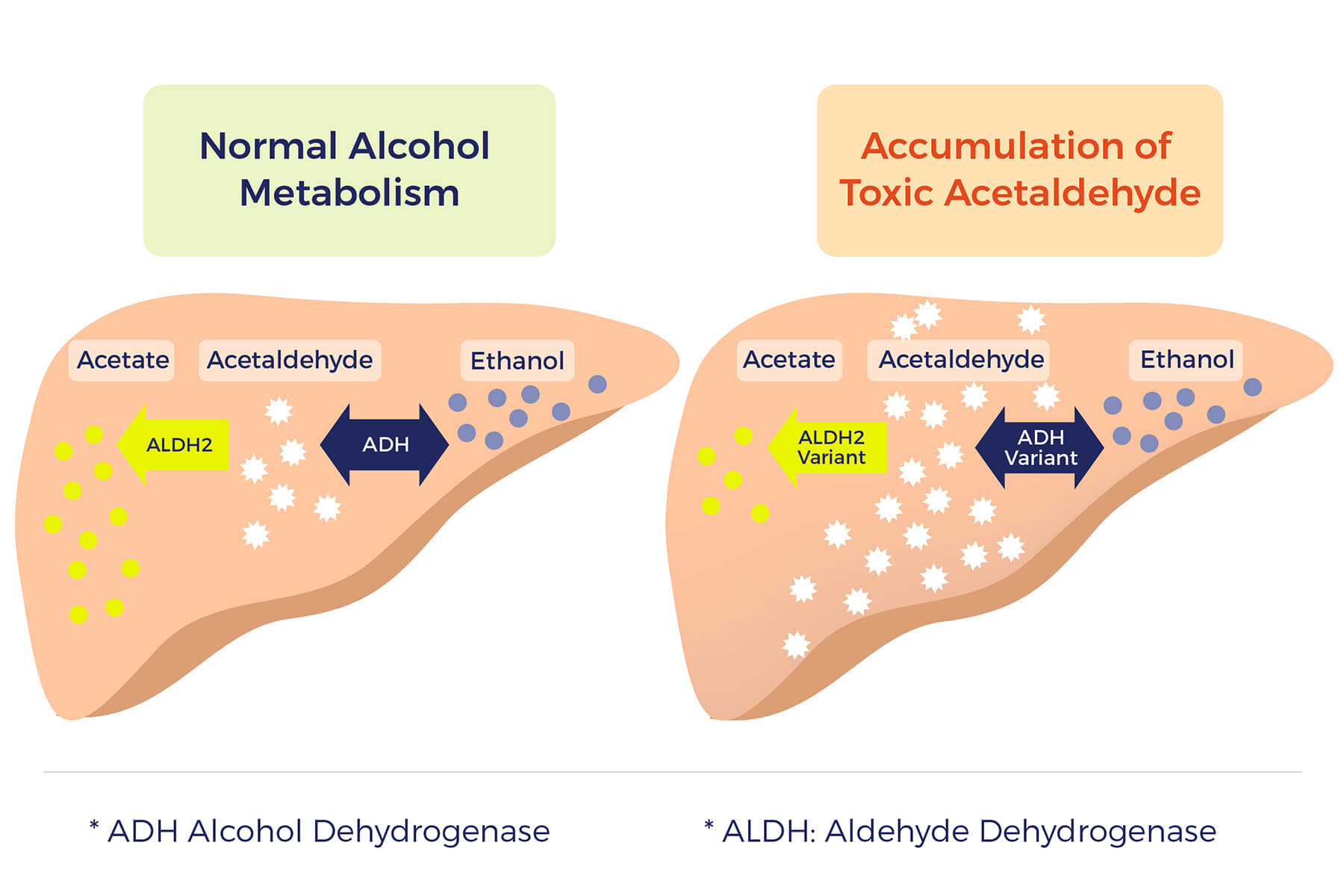
The Genetics of Alcohol Metabolism
The way your body handles alcohol depends on specific genes that control the enzymes involved in breaking down alcohol.
- ADH1B and ADH1C: These genes help produce enzymes that convert alcohol into acetaldehyde. Changes in these genes can make this happen too fast, leading to quick discomfort after drinking even small amounts of alcohol.
- ALDH2: This gene affects how fast acetaldehyde is changed into acetate. Variations in this gene can slow down this conversion, letting acetaldehyde hang around in your body longer and causing stronger symptoms of intolerance.
Understanding your specific genetic variations in these genes helps explain your individual responses to alcohol and can inform future choices about drinking.
Understanding Your Results
The DNA Alcohol Test analyzes three key variants linked to alcohol metabolism:
| Gene | Variants | Description |
|---|---|---|
| ADH1B | rs1229984 | This variant can make your body break down alcohol into acetaldehyde faster, leading to quicker and more intense symptoms like facial flushing and discomfort. |
| ADH1C | rs1693482 | This variant can slightly increase how much acetaldehyde your body makes from alcohol, contributing to intolerance symptoms. |
| ALDH2 | rs671 | This important variant can greatly slow down how quickly your body clears acetaldehyde, causing strong reactions like flushing and an increased risk of esophageal cancer. |
By analyzing these variants, this test helps you understand your body’s specific reactions to alcohol, enabling you to make more informed choices about drinking.
Frequently Asked Questions
Once your sample is received by our laboratory, processing usually takes 6-8 weeks. You will receive an email notification when your results are ready, and you can access your detailed report through a secure online portal.
We take data privacy seriously. Your results are confidential and only shared with you. We do not share your results with insurance companies, employers, or any other third parties.
Why DNA Tests Direct?
Accredited Excellence
Your Privacy, Protected
Expert Support
Shop Related Tests
CA$195
Your genes play a role in your bone health and risk of osteoporosis. Find out if you are at increased risk, so you can make lifestyle changes today to improve your bone strength.
CA$249
Your skin’s appearance is influenced by your diet, the environment, and your genes. Take this test so you can personalize your skincare routine to your genetic makeup.
CA$129
Variation in the APOE gene is one of the strongest genetic risk factors for cardiovascular disease. It also affects how well you respond to statins and dietary changes used to modify your risk. Are you at increased risk?
CA$195
Discover if you are genetically predisposed to late-onset Alzheimer’s with this simple, at-home DNA test. This test detects whether you carry the APOE4 variant, a key genetic risk factor linked to an increased risk of Alzheimer’s disease.
CA$395
Establish legal mother-child biological relationships. Court-admissible maternity tests for adoption, surrogacy, IVF & legal cases.
CA$195
Confirm whether a potential mother is the true biological mother of a child.
